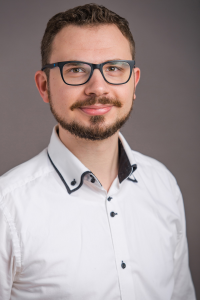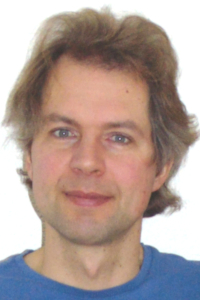MIRACLE
Title: MIRACLE: A Machine learning approach to Identify patients with Resected non-small-cell lung cAnCer with high risk of reLapsE
Duration: 01.04.2022 – 31.03.2025
Research Area: Personalized Medicine
The MIRACLE project focuses on early-stage non-small-cell lung cancer (ES-NSCLC) and seeks to develop a machine learning (ML) algorithm to predict disease-free survival and stratify patients post-surgery. Utilizing a comprehensive approach, the project integrates DNA and RNA sequencing, liquid biopsy, and radiomics features from CT images, alongside clinical-pathological factors, to create a personalized treatment plan. The model will be trained on a cohort of 220 resected ES-NSCLC patients and validated on an independent, prospective cohort of 200 patients.
As the leading partner in algorithm development, our role at ScaDS.AI Dresden/Leipzig includes:
- integrating the heterogeneous multi-modal data to identify predictive features,
- developing statistical, machine learning, and deep learning methods for survival analysis,
- supporting explainability for personalized medicine.

Aims
MIRACLE aims to identify ES-NSCLC patients at high risk of recurrence after surgery. By developing an ML-based clinical decision support tool, the project is designed to provide personalized treatment options, improve patient management, and thus develop more efficient and ethical treatment strategies.
Problem
Despite the high survival rates after surgery for ES-NSCLC, patient outcomes vary considerably. Current tools have limitations in accurately predicting recurrence risk, underscoring the importance of a comprehensive, personalized approach to patient stratification and treatment.
Technology
The project will utilize a range of advanced ML and data integration technologies, focusing on the analysis of various data types, each anticipated to play an important role within the predictive algorithm. Deep learning and explainable AI (xAI) will also be explored for enhancing prediction accuracy and understanding.
Outlook
The interdisciplinary and multinational effort within the MIRACLE project is expected to advance personalized medicine in lung cancer treatment. This could lead to more precise patient monitoring, targeted adjuvant treatments, and improved outcomes. Moreover, the project aims to add to the ongoing conversation about the use of ethical AI in healthcare, possibly encouraging comparable approaches in other fields of cancer research.
Team
Lead

Prof. Dr. Erhard Rahm
Leipzig University
Department of Computer Science, Database Group, Chair of Databases
Team Members

Marie-Sophie von Braun
Leipzig University

Dr. Jan Ewald
Leipzig University

Dr. Christian Martin
Leipzig University
Partners
The MIRACLE project is managed by a consortium of partners from Italy, Spain, France, and Germany:
- Instituto Romagnolo per lo Studio dei Tumori “Dino Amadori” (IRST-IRCCS), Project coordinator: Dr. Paola Ulivi
- Fundacio Hospital Universitari Vall d’Hebron (HUVH) – Institut de Recerca (VHIR) / Fundacio Privada Institut d’Investigacio Oncologica de Vall d’Hebron (VHIO)
- Centre Hospitalier Universitaire (CHU) de Toulouse
- Université Côte d’Azur (CRHI)
- Leipzig University / ScaDS.AI Dresden/Leipzig, in association with the German Research Center for Artificial Intelligence (DFKI)


